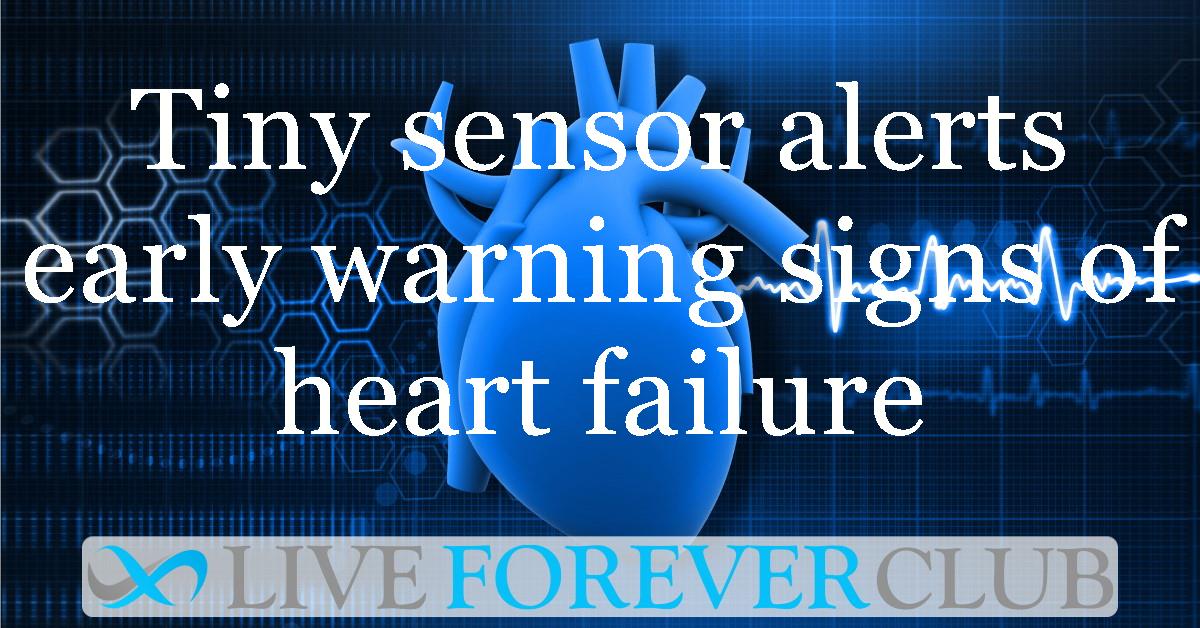Key points from article :
A heart failure patient in the UK was the first to be fitted with an early warning sensor, the FIRE1 System.
Cardiologists Andrew Flett and Peter Cowburn pioneered the procedure at University Hospital Southampton (UHS).
Sensor, about the size of a pen lid, monitors the amount of fluid in the body.
It works by continuously measuring the size of the inferior vena cava giving a marker of the amount of fluid in the body.
High levels can increase the risk of breathing difficulties and fluid build-up in the lungs.
An external detection belt worn across the abdomen for 1-2 minutes/day powers the implanted sensor using radiofrequency energy.
Data is sent to the heart failure team at UHS daily, so they can intervene early warning signs before their condition worsens significantly.
Dr Andrew Flett said: “This innovative new device has the potential to improve patient safety and outcomes in patients with chronic heart failure."
FIRE1 has successfully completed early phase of clinical trials and is now evaluating the feasibility and safety.
Heart failure is a significant burden on the NHS and so pioneering advances could help to reduce that pressure.







